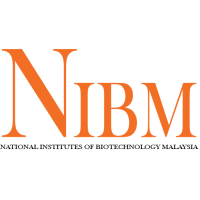Basal stem rot disease caused by Ganoderma spp. is still considered a large threat to oil palm production in many countries, especially in Malaysia, which contributes to approximately 45% of the world's palm oil exports. In the last 10 years, studies on the oil palm-Ganoderma interaction have mainly focused on the response of the plant towards the fungus. In this study, a comparative proteomic analysis was conducted to investigate the change in protein expression of two Ganoderma spp., namely Ganoderma boninense, which is known as the most aggressive species and Ganoderma tornatum, previously reported as non-pathogenic. Our results showed that both species colonize and penetrate the oil palm root after only 72 h of inoculation. In addition, proteins were expressed differentially in both species that have either direct or indirect links to virulence and pathogenicity. Other proteins related to fungal growth, metabolism and stress from both species were also discussed in this study.
Data dan Sumber
| Field | Value |
|---|---|
| Bidang Penyelidikan | Bioteknologi |
| Objektif Sosioekonomi | Advanced Experimental and Applied Science |
| Penerbit | |
| Lesen | License Not Specified |
| Tahap Akses Awam | Public |
| Modified | 2019-12-09 |
| Release Date | 2019-12-05 |
| Identifier | 9b3331ae-5caa-4bfa-8c4b-8b41c3091054 |
The online version of this article (https://doi.org/10.1016/j.pmpp.2017.02.001) contains supplementary material, which is available to authorized users.

